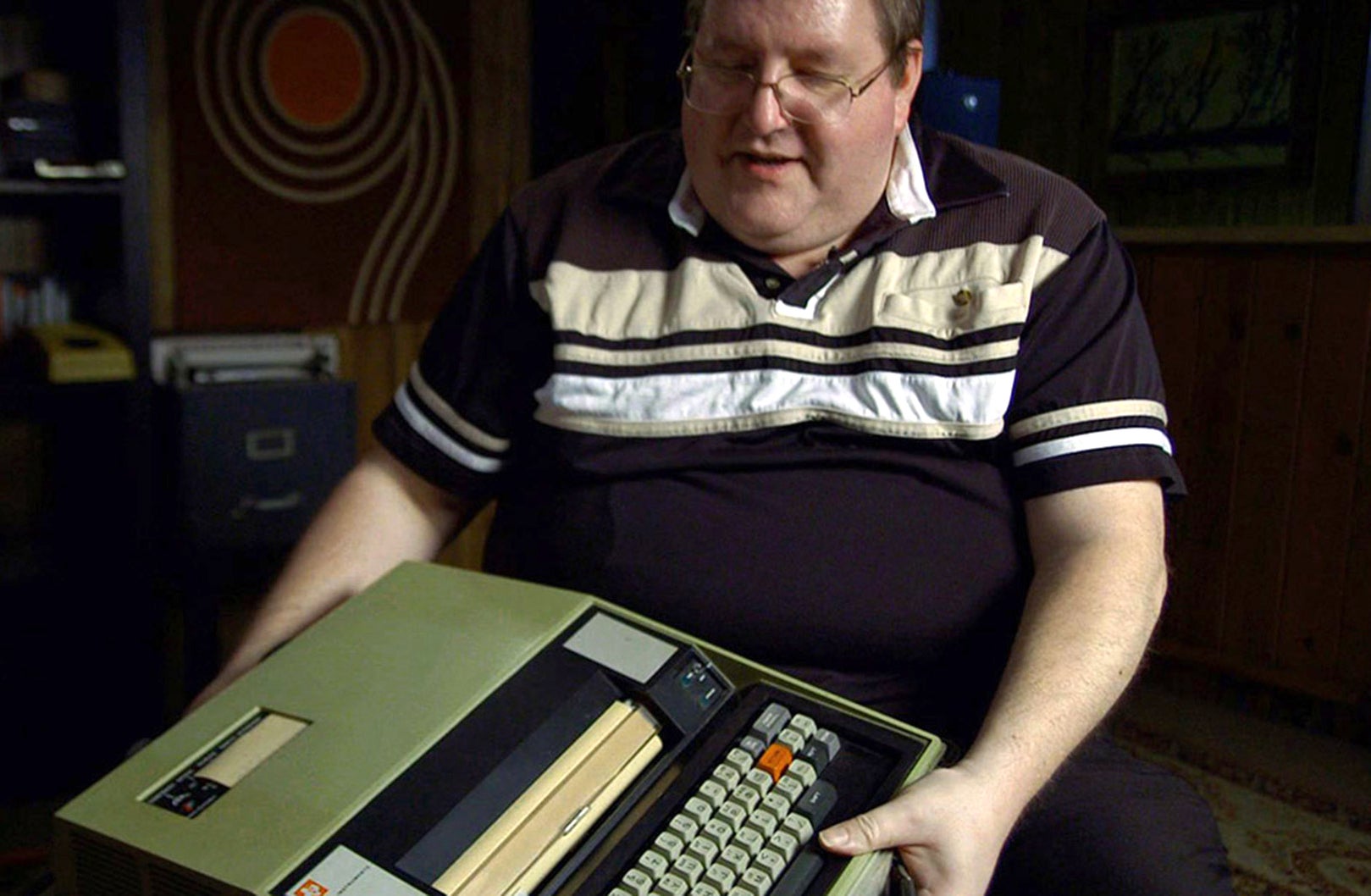Billy Graham passed away at the age of 99 this week. He’s been called one of the most influential preachers of the 20th century. We talk about the impact he’s had on American’s religious beliefs with our guest. We also hear about one Milwaukee Native who has won a Sundance Festival Award for her documentary.
Featured in this Show
-
Milwaukee Native Wins Sundance 'Festival Favorite' Award
At the beginning of the documentary “Science Fair,” you see high school freshman Jack Andraka screaming in excitement as he rushes up to the stage to accept an award.
Many viewers might ask themselves: Winning at this science fair? Yep, it’s that big of a deal.
The film follows nine high school students as they compete at the Intel International Science and Engineering Fair. It was co-directed, co-produced, and co-written by Milwaukee native Cristina Costantini, along with Darren Foster.
Last month, “Science Fair” won the festival favorite award at this year’s Sundance Film Festival. The award, in its inaugural year, was selected by audience votes from the 123 feature films screened.
Costantini and Foster are investigative journalists and typically focus their documentaries on darker topics, such as opioid addiction. But for this documentary, Costantini drew from her childhood in Wisconsin. At age 14, she won the Badger State Science and Engineering Fair in Madison.
“It’s a love letter to the science fair,” Costantini told WPR’s “Central Time.” “It totally opened up the world for me. For me (“Science Fair”) was a celebration of that world and the kids that are in it.”
The film also smashes stereotypes. If your only image of a science fair takes place in a high school gymnasium, featuring nerdy kids making baking soda volcanoes and running electricity through potatoes, you’ll be surprised by the modern science fair.
The 1,700 competitors at the International Science Fair are just as diverse as any other group of children around the world, Costantini said. They’re also doing far more than combining vinegar and baking soda. One teen in the film is creating an arsenic tester. Another is researching artificial intelligence.
“They’re really doing things that you wouldn’t expect a teenager to be able to do,” she said.
The film follows one teen who was failing in his high school math class. School didn’t engage him, but science fairs sparked his curiosity.
Costantini said science fairs can be places for teens to fit in and stand out for those who wouldn’t otherwise, and it can get them truly interested in learning.
Even though the journey is fun, and the teens are just happy to be at the fair, failure still hurts. Foster said they, as filmmakers, had to walk a fine line with the students.
“As a journalist, we always try to remain impartial,” Foster said. “But as a documentary filmmaker, you spend so much time with these kids that it’s impossible to not be invested in their stories.”
Still, the two said they want viewers to take away a hopeful message, more than anything.
“We hope that it’s an enjoyable way of seeing the importance of science for our world,” Costantini said. “I would say the future is bright.”
-
Film That Takes Home 2018 Sundance Film Festival Favorite Award Celebrates Science Fairs
The feature-length film, “Science Fair,” took home the Sundance Film Festival’s first-ever Festival Favorite Award last month. We talk with the directors – one of whom is a Milwaukee native – about the documentary and the value of science fairs and science education.
Watch the trailer:
-
The Life And Legacy Of Billy Graham
One of the most influential and well-known religious figures in modern history passed away at the age of 99 this week. Regardless of how you felt about him, it’s hard to argue that the Reverend Billy Graham didn’t have an immense impact on Americans’ religious beliefs in the 20th century. But what will he be best remembered for? Our guest reflects on the life and legacy of Graham.
Episode Credits
- Rob Ferrett Host
- Breann Schossow Producer
- Chris Malina Producer
- Cristina Costantini Guest
- Darren Foster Guest
- Bill Leonard Guest
Wisconsin Public Radio, © Copyright 2026, Board of Regents of the University of Wisconsin System and Wisconsin Educational Communications Board.
